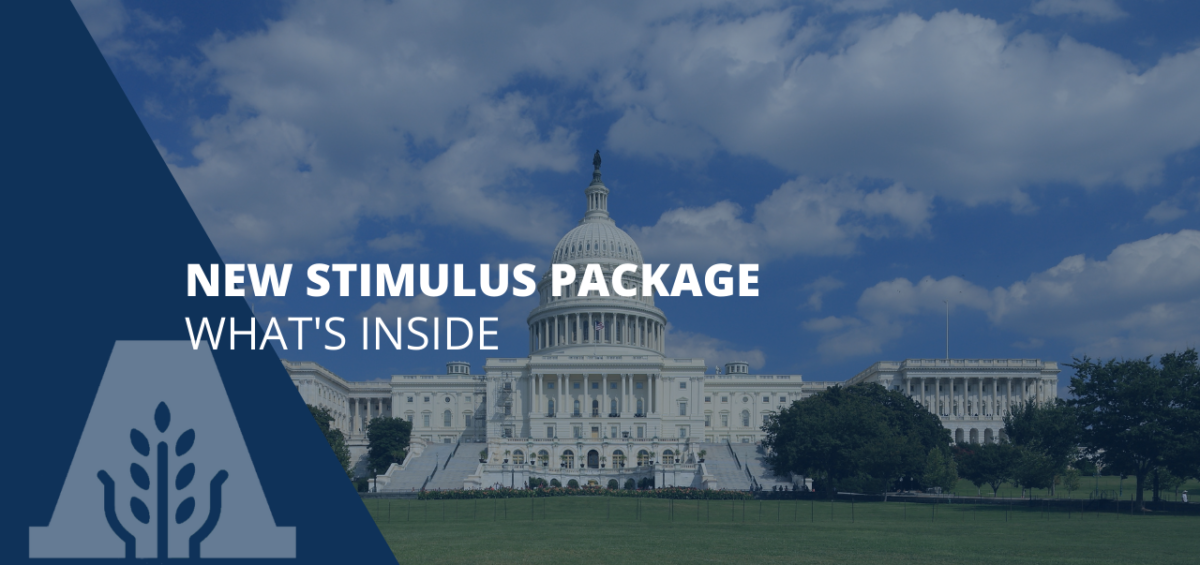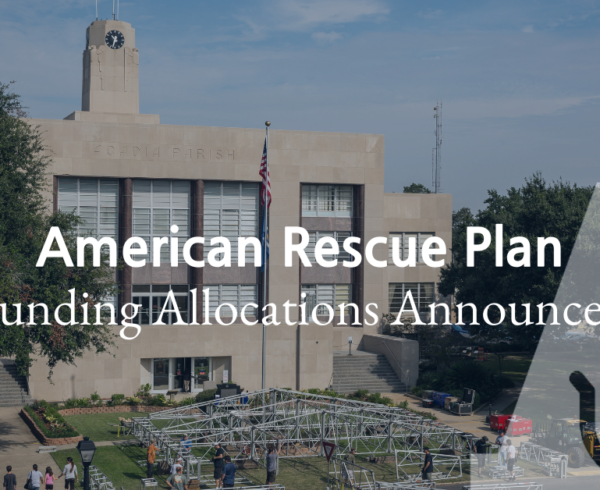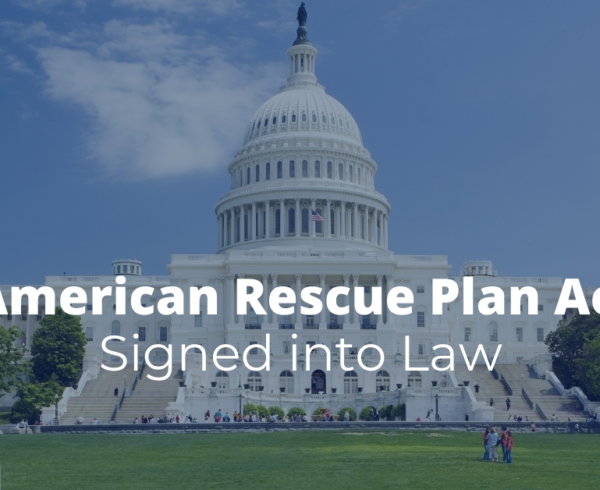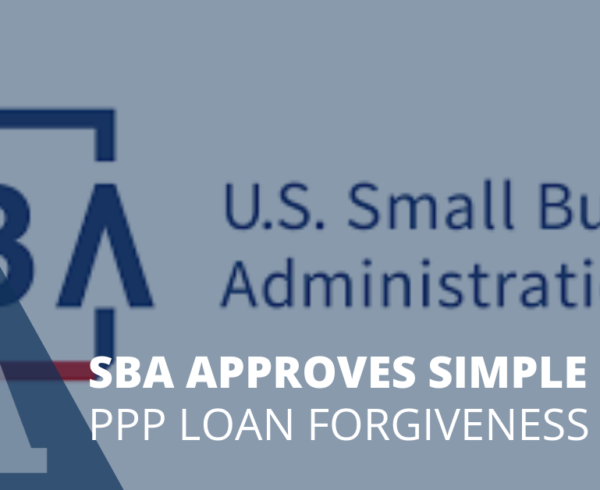On Monday, December 21, the U.S. Senate approved a deal on a $900 billion stimulus package that provides much-needed aid for small businesses, schools and unemployed Americans. The legislation was passed with a 92 to 6 vote following weeks of intense debates. Efforts to pass economic relief measures in the weeks leading to the presidential election had failed despite many attempts. But post-election, a bipartisan group of lawmakers teamed up and successfully negotiated for action to spur economic activity by helping businesses and consumers.
As of right now, the $900 billion economic relief stimulus includes:
- Direct payment checks of up to $600 per adult and child
- Aid for struggling small businesses, including more than $284 billion for forgivable Paycheck Protection Program loans and $15 billion “in dedicated funding for live venues, independent movie theaters, and cultural institutions”
- $300 per week for enhanced unemployment insurance benefits
- $25 billion for rental assistance and an eviction moratorium extension
- $82 billion for education providers like schools and colleges, including aid to help reopen classrooms safely
- $10 billion to help with child care assistance
- $13 billion in increased Supplemental Nutrition Assistance Program and child nutrition benefits
- $7 billion to bolster broadband access to help Americans connect remotely during the pandemic
- Funding totaling in the billions of dollars to support coronavirus vaccine distribution, testing and contract tracing efforts and health care workers
- A tax credit “to support employers offering paid sick leave”
There were also changes to the Paycheck Protection Program, mostly to 501(c)(6) nonprofits. The new eligibility criteria are:
- The organization does not receive more than 15 percent of receipts from lobbying (up from 10 percent)
- The lobbying activities do not comprise more than 15 percent of total activities (up from 10 percent)
- The cost of lobbying activities of the organization did not exceed $1,000,000 during the most recent tax year that ended prior to February 15, 2020
- The organization has 300 or fewer employees (up from 150)
The bill extends aid to millions of households and businesses hammered by the pandemic, given through stimulus checks, enhanced federal unemployment benefits, and money for small businesses, childcare, and schools. It also covers the funding for free vaccination that will be distributed across the states. Additionally, the package will repurpose $429 billion in unused funding provided by the Cares Act for Emergency lending programs run by the Federal Reserve.
Stimulus Checks:
- Provides a $600 stimulus check for each qualifying American, including children and adults
- The size of payment reduces for persons who earned above $75,000 in the 2019 tax year. Anyone who earned above $99,000 in the 2019 tax year will not receive a stimulus check.
Jobless Benefits:
- Extends unemployment benefits of up to $300 per week
- Benefits could begin from December 27 and run until March 14
- Extends the Pandemic Unemployment Assistance targeting part-time and gig workers who were left out of the state unemployment insurance benefits. However, applicants are now required to provide documentation that proves employment or self-employment within 21 days of applying for the benefits. Anyone extending their benefits before January 31 have 90 days to provide the documentation.
Relief for Business:
- The bill provides over $284 billion for the first and second forgivable paycheck protection program.
- The bill provides $15 billion for entertainment industry, including music clubs, cultural institutions, movie theatres, and entertainment venues
- The package includes 20 billion targeted grants through the Economic Injury Disaster programs
- The legislation provides a tax break for corporate meal expense
School Funding:
- The bill extends aid to colleges and schools, which will receive $82 billion. A $22.7 billion will go to colleges and universities and $54.3 billion for elementary and secondary education.
- The deal also provides $10 billion package for childcare assistance
Transportation:
- The bill provides $45 billion for transportation, including $16 billion for an extra round of airline employee and contractor payroll support
- Others are $14 billion for transit, $10 billion for highways, $2 billion for airports, and $1 billion for Amtrak












